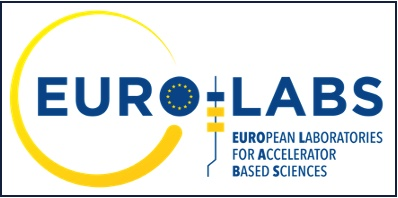2nd CERN Advanced Training School on Operation of Accelerators
Courses – Hands-on – Simulation
AD, CLEAR, ISOLDE, & PSB
Building on the success of last year’s event (ATSOA2024), the 2nd CERN Advanced Training School on Operation of Accelerators (ATSOA2025) will take place from May 12 to May 16, 2025.
During this week-long program, selected students (trainees) will gain valuable insights into the operation of high-energy accelerators through a combination of theoretical courses, hands-on activities, and practical experience with CERN’s accelerators and beams on PS-Booster, ISOLDE, AD/ELENA and CLEAR Facilities. Trainees are expected to have a basic understanding of accelerator physics and beam dynamics.

Content
- Accelerator Complex
- Control system
- Beam characterization
- Phasing SC Cavities
- Mass Scans
- Steering Algorithms
- Other advanced Topics
School instructors:
- F. Asvesta, M. Borge, R. Corsini, I. Efthymiopoulos, G. Gamba, P. Korysko, L.Ponce, T. Prebibaj, A.Rodrigues
Details about the application procedure, eligibility requirements, and key deadlines will be available on this page soon.
Participation is fully funded by EURO-LABS, covering:
- Economy-class travel within Europe,
- Accommodation, and
- Daily subsistence support.
European Laboratories for Accelerator Based Sciences (EURO-LABS), a programme for research infrastructures services advancing the frontiers of knowledge, aims to provide unified transnational access (TNA) to leading Research Infrastructures (RI) across Europe. The programme brings the nuclear physics, the high-energy accelerator, and the high-energy detector R&D communities together to foster collaborations and to stimulate synergies.
With 33 partners from European countries, EURO-LABS forms a large network of RIs, offering TNAs ranging from a modest size test infrastructure to large scale ESFRI facilities. The offered access enables research at the technological frontiers in accelerator and detector development to explore new physics ideas and open wider avenues in both basic and applied research in diverse topics ranging from optimal running of reactors to mimicking reactions in the stars.
 |
This project has received funding from the European Union’s Horizon Europe Research and Innovation programme under Grant Agreement No 101057511. |
